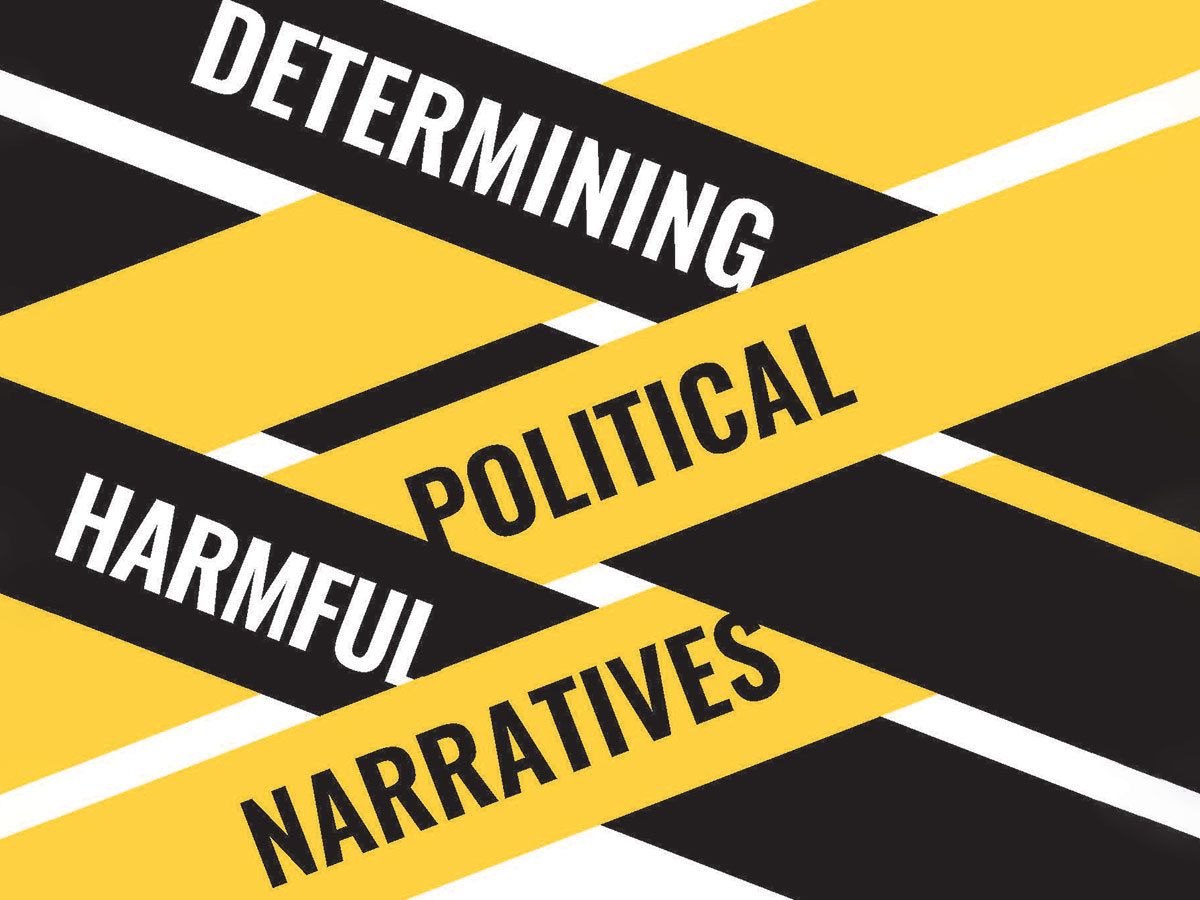
ICS published the third report on the presence of harmful narratives in the public political communication in North Macedonia
The Institute of Communication Studies (ICS) published the third report within the research Determining Political Harmful Narratives (HARM-TIVE), a sublimation of the data from the monitoring of the communication practices of the political actors and their presence in the media in January and February 2024, in which harmful narratives were identified.
The monitoring for the period January – February 2024 and the analysis of the results show that as the election date approaches, the intensity of communication of political actors increases. They continue to be the main source of harmful narratives, frequently using harsh, emotionally charged language in communication through party websites and Facebook profiles. Unverified data is used, information is presented selectively, which prevents the public to form a complete picture of the operation of political entities and making an informed decision, especially when it comes to election processes.
The biggest parties are also the biggest producers of harmful narratives (the first is VMRO-DPMNE, and then SDSM), and they are dominant in the media as well. In addition to the fact that unsubstantiated accusations are being made more frequently against political opponents, there is also a common use of populist discourse and frequent ethnocentric narratives. This is noticeable especially among the parties of the Albanians, who resort to rhetoric to glorify national belonging and insist on ethnic personalisation of the first positions (prime minister and president of the state). The protection of the national interests of the Albanians in this country is the focus of the promotion of their own ideologies in the harmful posts of DUI, the European Union for Change and the Alliance for Albanians. Also, political actors increasingly accuse each other with unsubstantiated claims of running policies under ‘foreign influence’.
The frequent criticism from influential political actors (both from the former prime minister and the leader of the opposition) towards the media is worrying, which encourages a climate of distrust towards media workers and violation of freedom of expression.
In January and February there was an increase of news items containing harmful narratives in the media and a record number of posts with harmful content in the online media. Similar to previously noted, in most cases, harmful narratives are produced by political actors, not journalists. During this monitoring period, the practice of uncritically and unilaterally broadcasting unverified allegations from political actors dominates, most frequently in the form of fully broadcast party press releases and speeches by politicians.
The positive thing in these two months is that in almost all analysed TV programs, there was no speech that insulted a certain group or justified hate speech towards a certain group. Additionally, in certain media there is a trend of declined number of articles with harmful narratives compared to the previous four months of monitoring.
The HARM-TIVE research is conducted by the Institute of Communication Studies (ICS) with researchers and experts in the field of communications and media. The subject of monitoring are political parties and their leaders whose parties have at least two MPs in the 2020-2024 parliamentary composition, as well as the Facebook communication of the members of the RNM Government. In media monitoring, 11 online media and 9 television stations are monitored.
The research is conducted within the project Use Facts: Fact-Based Journalism for Raising Awareness and Countering Disinformation in the Media Space in North Macedonia supported by the British Embassy Skopje.

